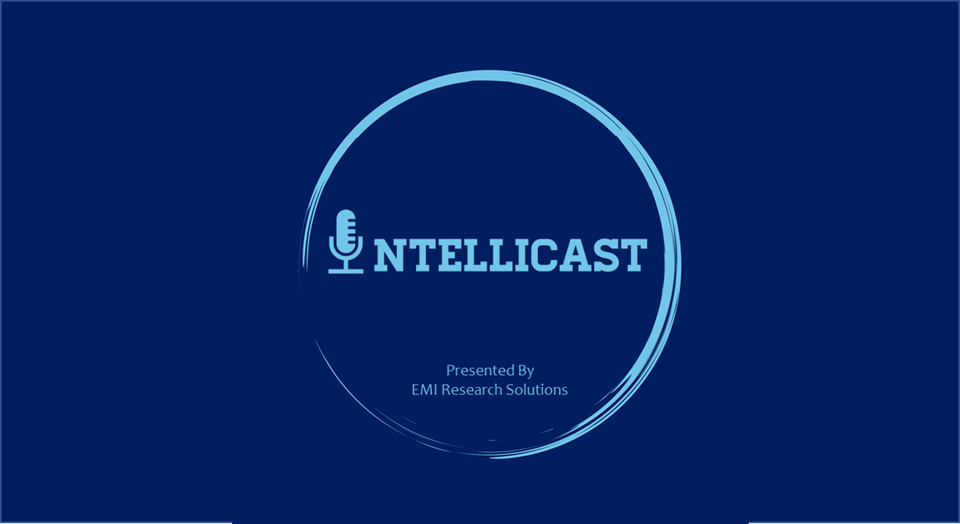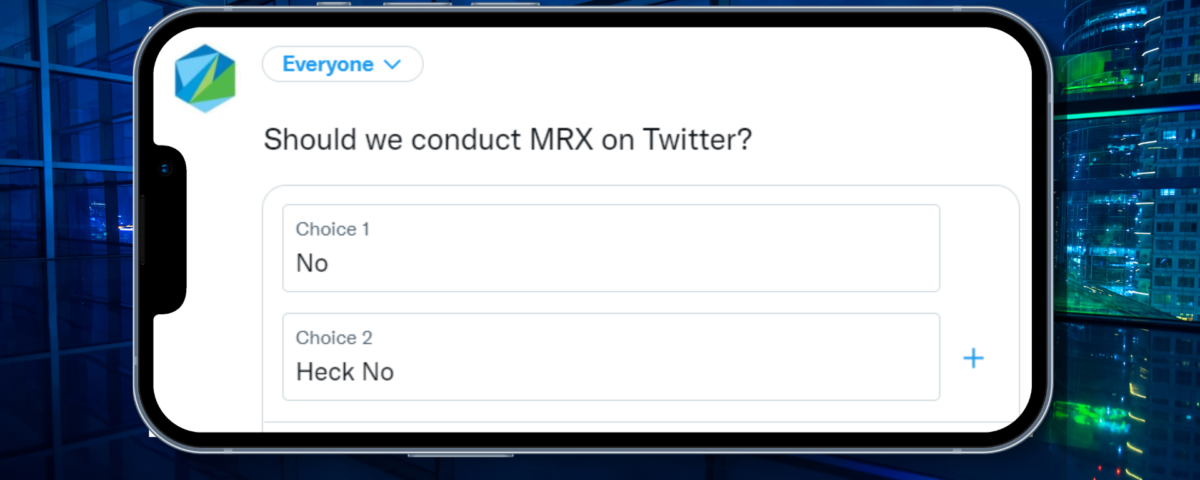
I’m Sick of “Prodents” Stealing All the Cheese
November 28, 2022
Intellicast S5E35 – The Future of Money with Lilah Raynor of Logica Research
December 6, 2022The people have spoken! But… which people?
Elon Musk has not tried to hide his obsession with Twitter polls, asking questions ranging from whether formerly banned members should be allowed back on the platform, to whether Apple should publish its perceived censorship actions. To the results of each poll, Musk has replied, “Vox Populi, Vox Dei,” meaning “the voice of the people is the voice of God.”
The full quote is “Nec audiendi qui solent dicere, Vox populi, vox Dei, quum tumultuositas vulgi semper insaniae proxima sit,” which means “And those people should not be listened to who keep saying the voice of the people is the voice of God, since the riotousness of the crowd is always very close to madness.” This is closer to the truth when it comes to using Twitter polls to conduct market research. While they can be fun, they are in no way sound research practice, nor should they be relied upon for making business decisions.
In terms of their accuracy to represent the will of the people, the market research community would have to firmly disagree. That is not to say that the voice of the people is not important—that’s literally what our industry is all about. However, we must argue that Twitter polls are not actually the voice of the people. Are they the voice of some people? Yes. Do they reach a representative population with which reliable research can be conducted? Absolutely not. This is the main problem with Musk’s philosophy of Twitter poll supremacy.
Unlike with trusted research panels, there is no control over who can access your questions. Twitter polls can be shared, answered by the same person multiple times via different accounts, and can only reach a specific audience of people: those with Twitter accounts. Even if two million people vote in your poll, it still will not be reliable. It is inherently biased because of the platform it is asked on. This is called convenience sampling and certainly increases non-response bias.
Musk should not be putting too much stock in his Twitter polls, and you shouldn’t be making business decisions based on them (but you, as a knowledgeable researcher, knew that already.) The best research comes from a well-designed study combined with a strategically blended sample plan.
Now, you are probably saying “but panels aren’t representative either,” and you would be correct as we utilize non-probability sampling. The difference is that when you build a study, you can build in quotas and other mechanisms that will make your results representative of the audience you are studying to minimize bias and reduce sample error.
Here at EMI, we know that strategically blending sample is the best practice for trusted market research because it eliminates the possibility of introducing panel bias to your study. Using a single panel is dangerous as we know that panels are different and are constantly changing over time. With a “panel” as volatile as Twitter, this danger is amplified. We can help you design a study that is representative of the audience you are studying and build a strategically blended sample plan for your research.
To get started on a study with results you can trust, speak with one of our expert sample consultants. And if you see Musk, send him our way.




